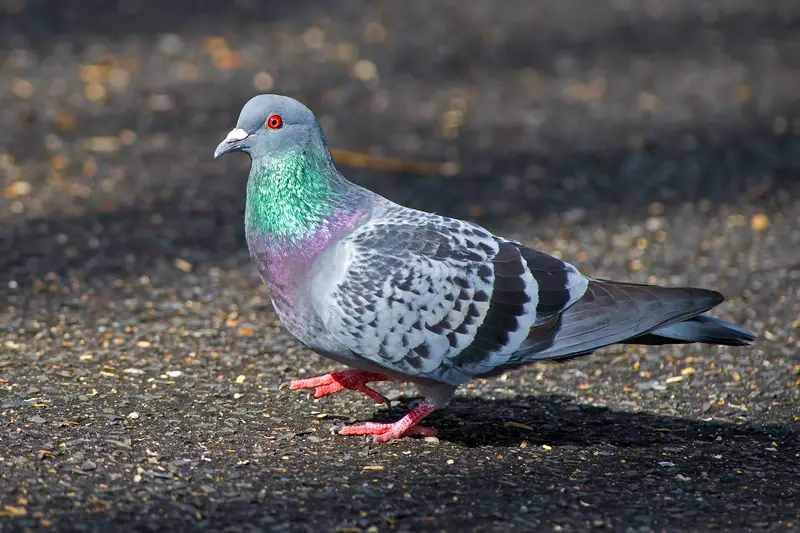A two-year-old Australian girl, who was battling leukemia, died after contracting a virus commonly found in pigeons.
This case marks only the fifth human death attributed to the Newcastle disease, a condition primarily affecting birds, since its discovery in 1926 in Newcastle, Australia.
Newcastle disease is caused by the avian paramyxovirus type 1 (APMV-1), and is a well-known ailment in the avian world, causing symptoms such as twisted necks and trembling wings in birds. While in birds it can range from asymptomatic infections to severe neurological disease, in humans, it usually presents as mild conjunctivitis, making this fatal case particularly unusual. The girl’s condition, initially presenting as upper respiratory tract symptoms, nausea, and vomiting, rapidly deteriorated, leading to epileptic seizures. Despite intensive treatment including antiviral drugs, antibiotics, and anti-seizure medication, her brain swelling and pain remained unmanaged, leading to her death 27 days after admission.
The case, detailed in the journal Emerging Infectious Diseases, noted that the girl had not been in contact with pets or sick family members and had not traveled recently. The doctors, therefore, speculated that the virus might have been transmitted by the child’s touching pigeon feces or infected pigeon fluids. The girl’s immune system was likely compromised due to her pre-B cell acute lymphoblastic leukemia and recent chemotherapy, six weeks before, making her more susceptible to infections.
Prior to this incident, there had been only four recorded human deaths due to the PPMV-1 strain of the virus, which occurred Europe, China and the US. These cases mainly involved patients with underlying immunosuppressive conditions, highlighting the virus’s potential severity in such individuals.
Newcastle disease is recognized for its high contagion among birds, with the ability to cause respiratory, neurological, and digestive symptoms, and in severe cases, acute death in various avian species.
In the United States, there have been three major outbreaks of the virulent Newcastle disease, mainly in southern California. The most recent outbreak, from May 2018 to May 2020, affected backyard gamefowl and commercial layer facilities. The disease is not a significant public health concern for humans, as it usually results in mild and self-limiting conjunctivitis and flu-like symptoms in people exposed to large amounts of the virus. Those at most risk are laboratory workers, vaccine crews, and emergency disease poultry responders. It is also not considered a food-borne transmitted disease.











